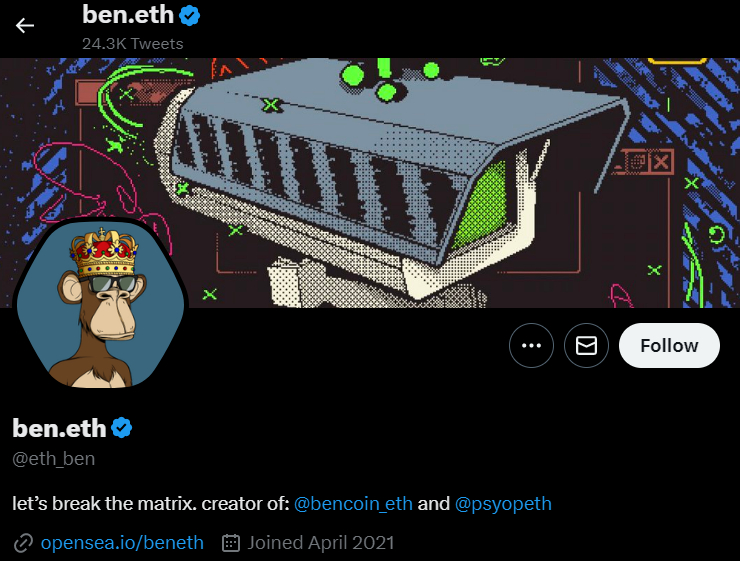HireVue wants to help raise awareness of the talent pool that is the neurodivergent community.
Google Images
In celebrating Autism Acceptance Month last month, professional services company HireVue tried doing its part to raise awareness of the importance of neurodiversity in the workplace. The company bills itself as helping businesses gain a competitive advantage, talent-wise, by providing them with “video interviewing software, conversational AI, and pre-hire assessments.” In modernizing the interview process with numerous high-tech solutions, HireVue boasts it has hosted more than 37 million video interviews and 250 million chat-based candidate engagements for over 850 pioneering customers worldwide to date.
In addition to leveraging artificial intelligence and machine learning, HireVue also specializes in text-based recruiting and video-based interviewing. Both methodologies have enormous potential as assistive technologies to all sorts of disabled people, not just those who are neurodivergent. The texting component is particularly shrewd; like in healthcare, it has high relevance in the employment industry too.
In terms of disability, HireVue is committed to putting candidates with disabilities to the forefront of the pool, especially those on the autism spectrum. According to a recent report, the autism community is an “extraordinary talent pool”but which “remains virtually untapped.” 85% of college graduates with autism are under-employed or unemployed, while 79% of autistic adults have only part-time employment.
“Autistic and neurodivergent candidates are a completely overlooked group of talent,” Dr. Colin Willis, IO psychology program manager at HireVue, said to me in an interview conducted via email last month. “Not only is this a crisis from a moral perspective, it’s an economic travesty at a time when businesses are so desperate to fill roles.”
There is good news to be had. Dr. Willis explained the pathway to getting autistic people (and others) in the workforce is companies doing their part to embrace inclusive hiring practices. He said it’s “well-documented” that businesses who do not include the disability community in their DEI initiatives are less likely to hire disabled job seekers. Moreover, job boards and applications may not be accessible for applicants. “By adopting more inclusive practices, these leaders have a chance to truly diversify their workforce,” he said. “These are things recruiters and hiring managers can change straight away!”
When asked how hiring managers can best set up autistic people for success during the interview phase(s), Dr. Willis told me there are a slew of things to do. He highlighted offering a “thorough preview” of the interview stages, allowing video answers to be re-recorded if necessary, giving examples to questions, not reading too much into body language, and much more. “For neurodivergent and autistic candidates, having some additional time and resources to help prepare for an interview can make all the difference,” he said. “Neurodivergent candidates often experience increased anxiety in new and unfamiliar situations, above and beyond that of their neurotypical peers, so some of the best support employers can offer is actually before or during the interview.”
Prioritizing fair and equitable access to employment is of paramount importance, Dr. Willis said. He noted several members of HireVue’s science team are “actively involved in research to ensure that our technology accounts for the needs of neurodivergent candidates.”
As for feedback, Dr. Willis said the company’s work, particularly with regards to using games as an interview technique, has been “incredibly well-received” by others. He added HireVue routinely presents its work at various academic conferences, saying the team has had “ten accepted submissions in the last four years on the topics of neurodiversity at work and how technology can be used to make more inclusive workplaces.”
Ultimately, HireVue wants to use its tech to break barriers and help disabled people find gainful employment.
“The sheer volume of candidates who are being overlooked by hiring processes designed with only the neurotypical in mind is just one reason it’s critical that companies start paying more attention to attracting, hiring and retaining people on the autism spectrum,” Dr. Willis said of the opportunity. “It’s worth noting, in addition to the moral imperative for hiring equity, there’s evidence autistic employees are an untapped and highly qualified workforce due to some candidate’s aptitude for technical skills, attention to detail, dependability, and focus.”
Credit: Source link











